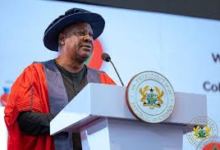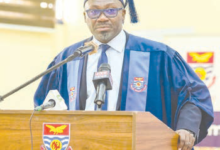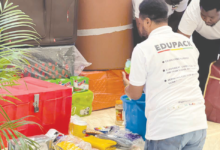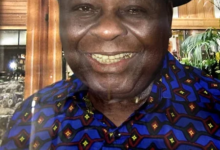Media UER sentisitized on rights-based reporting and advocacy
Lack of trust in the police and the justice systems and stigmatization have been identified as major reasons for underreporting of gender-based violence cases in Ghana.
Stakeholders made the observation at Bolgatanga in the Upper East Region on Monday at training programme organized for media practitioners in the region aimed at empowering them to understand sexual and gender-based violence policies and increase rights-based reporting and advocacy.
The stakeholders, which included the civil society organizations, Regional Coordinating Council and the media also mentioned the emotional and economic violence not recognized as crimes among the factors that accounted for underreporting of gender-based violence.
The Executive Director of the Rural Initiatives for Self- Empowerment-Ghana (RISE–Ghana), a non-governmental organization (NGO), Alhaji Awal Ahmed Kariama, further attributed the lack of understanding that violence was a crime and human rights abuse issue and unaware of available services as the cause of low reporting of gender-based violence .
He said cases of the gender-based violence issues often reported were just a fraction of the volumes of unreported cases as result of the above-mentioned factors.
Alhaji Kariama said duty bearers, who were supposed to know better and support fight, were rather perpetrate the situation, and cited an instance where a boss in the region abused the subordinate, describing her as somebody who had been raped before.
Alhaji Kariama who said RISE-Ghana with funding support from Oxfam in Ghana and Women in Law and Development in Africa, Ghana (WiLDAF-Ghana) through the European Union was rolling out the new project dubbed, “Enough! Taking Positive Action to End Sexual and Gender Based Violence (SGBV) in Ghana”, announced that the project would also target other stakeholders, including traditional rulers to address the issue.
He said the project expected media practitioners from the print and electronic media to generate reports and social media discussions on SGBV to influence policy change to help address the issue.
“It expected that, a number of print and electronic media reports on SGBV will be generated, social media discussions on SGBV and interactions and discussions from print and electronic media will also increase,” he said.
Alhaji Kariama, however, assured the media that the three-year project would help support them to complement the NGO in its advocacy process on the SGBV issues to bring about positive change.
The media practitioners who commended the NGOs and Oxfam in Ghana for the training pledged their support to the project implementation and developed common platforms, including WhatsApp and Facebook to help champion the cause.
FROM SAMUEL AKAPULE, BOLGATANGA






